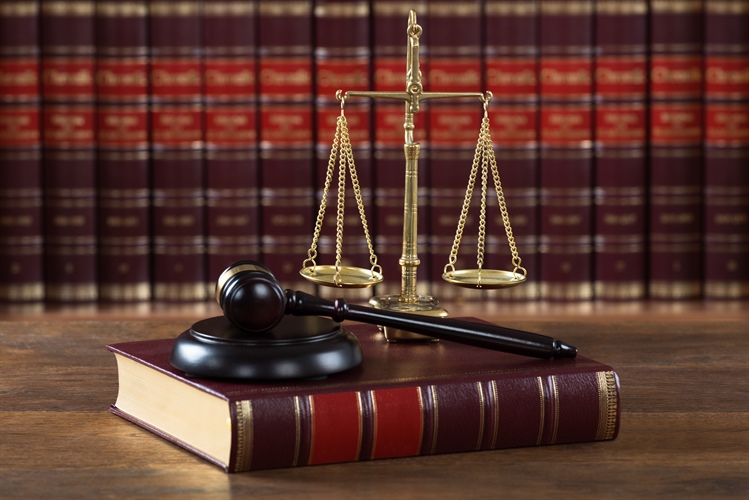Expert witnesses play a pivotal role in the legal system, offering specialized knowledge and insight that are crucial in navigating the complexities of legal disputes. Their involvement is particularly vital in cases where the subject matter extends beyond the common understanding of the general public or the court. In legal proceedings, expert witnesses are called upon to provide clarity and credibility to technical or complex issues. Their expertise can range across various fields, such as medicine, engineering, finance, or forensics, each contributing valuable perspectives that assist judges and juries in making informed decisions. For instance, in a medical malpractice case, a physician might be enlisted to explain the standard of care expected in a given situation, or in a financial fraud case, an accountant might elucidate the intricacies of financial records and transactions.
The effectiveness of an expert witness is largely dependent on their ability to communicate complex information in a clear and comprehensible manner. They must translate specialized knowledge into terms that are accessible to those without a background in the field. This requires not only a deep understanding of their own discipline but also an awareness of how to bridge the gap between technical jargon and layperson’s language. The capacity to distill complex concepts into straightforward explanations is essential for ensuring that the court fully grasps the implications of the evidence presented. Moreover, the credibility of an expert witness can significantly influence the outcome of a case. Their qualifications, experience, and impartiality are scrutinized by both sides of a legal dispute. A well-regarded expert with extensive experience and a strong reputation can lend considerable weight to their testimony. Conversely, if an expert is perceived as biased or lacking in relevant qualifications, their testimony may be undermined. Therefore, the selection of an expert witness involves a careful evaluation of their professional background and potential conflicts of interest.
 In addition to providing testimony, expert witnesses often contribute to the preparation of a case through consultations and written reports. These reports can offer detailed analyses and opinions that inform legal strategies and support the development of arguments. Their input can be instrumental in shaping the direction of a case and in preparing for cross-examination by opposing counsel. The role of expert witnesses extends beyond the courtroom as well. They may engage in depositions, participate in settlement negotiations, and Visit Link Here provide educational insights that influence the broader legal landscape. Their expertise not only aids in resolving individual cases but also helps to establish standards and best practices within their respective fields. Expert witnesses are integral to the legal process, providing essential insights that help navigate complex issues. Their ability to convey specialized knowledge in an understandable manner and their credibility can significantly impact the outcome of legal proceedings. Their contributions are indispensable in ensuring that justice is served through informed and reasoned decision-making.
In addition to providing testimony, expert witnesses often contribute to the preparation of a case through consultations and written reports. These reports can offer detailed analyses and opinions that inform legal strategies and support the development of arguments. Their input can be instrumental in shaping the direction of a case and in preparing for cross-examination by opposing counsel. The role of expert witnesses extends beyond the courtroom as well. They may engage in depositions, participate in settlement negotiations, and Visit Link Here provide educational insights that influence the broader legal landscape. Their expertise not only aids in resolving individual cases but also helps to establish standards and best practices within their respective fields. Expert witnesses are integral to the legal process, providing essential insights that help navigate complex issues. Their ability to convey specialized knowledge in an understandable manner and their credibility can significantly impact the outcome of legal proceedings. Their contributions are indispensable in ensuring that justice is served through informed and reasoned decision-making.